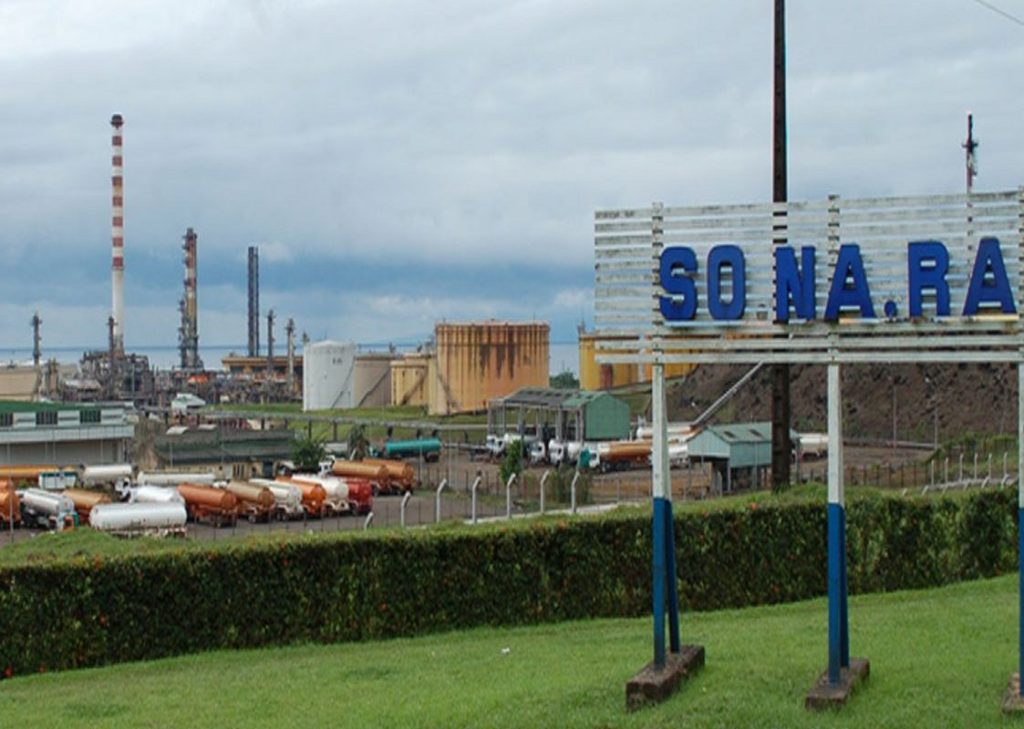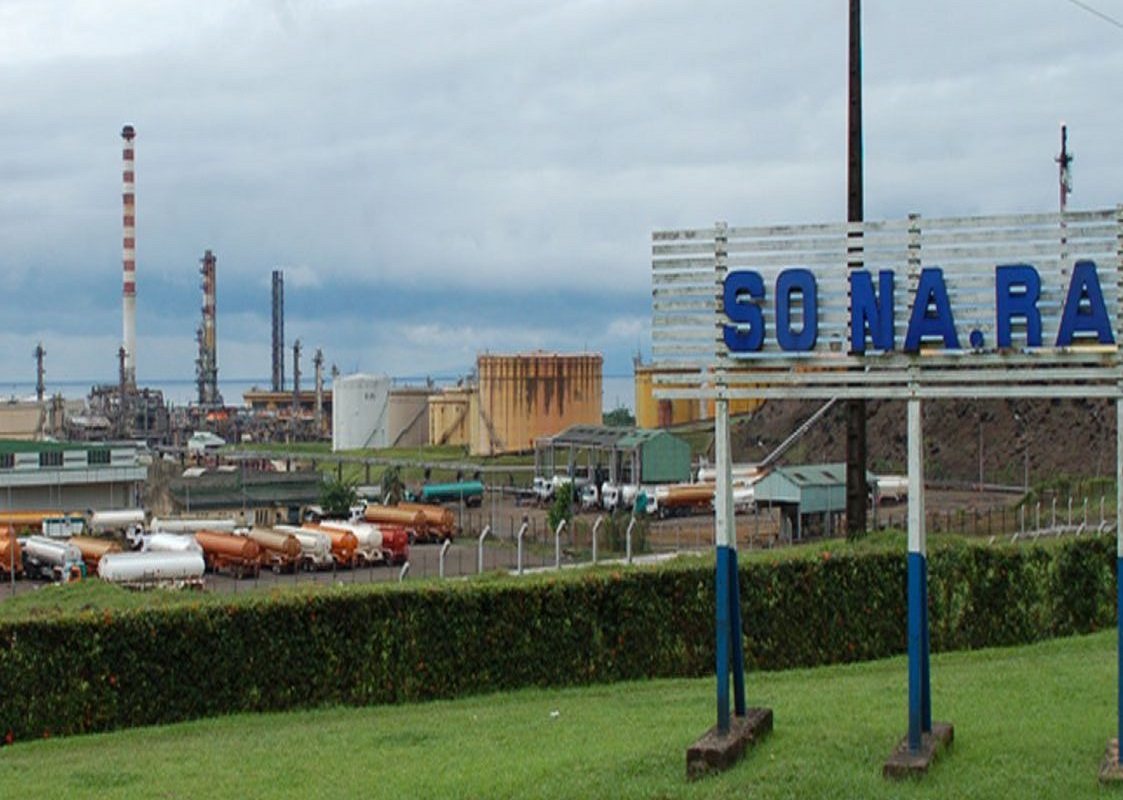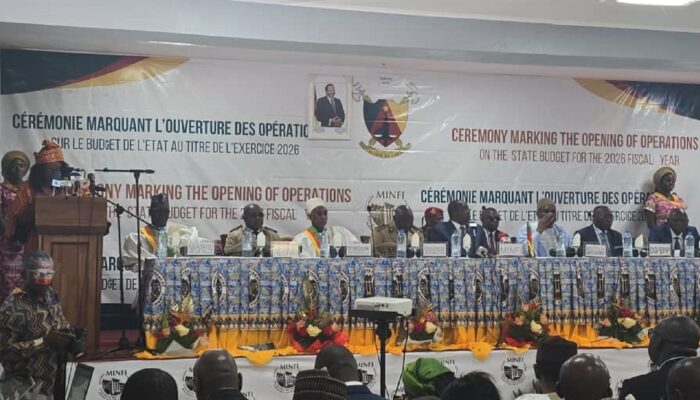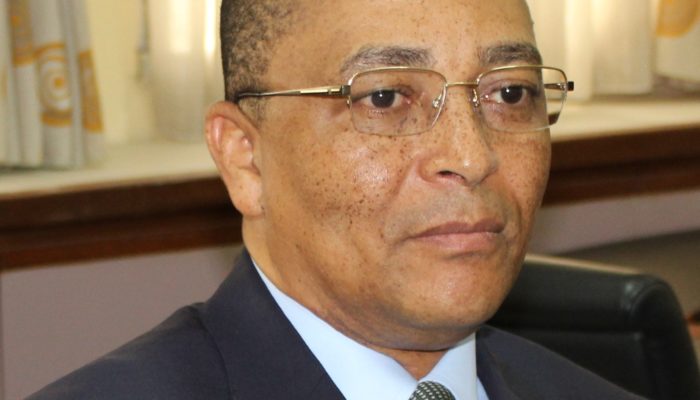The SONARA rehabilitation project, which was severely affected by the 2019 fire, is entering a new phase. The Cameroonian government, with the support of the IMF, is examining the feasibility of integrating a hydrocracking unit into this refinery, which is vital to the country’s oil industry.
The rehabilitation of the National Refining Company (Sonara), one of the cornerstones of Cameroon’s oil industry, is now a national priority. Since the devastating fire that hit its facilities in 2019, the Cameroonian authorities have put in place an ambitious program to get the refinery back on its feet and modernize it. The project is now in the third stage, which consists of the technical, economic and financial assessment of the integration of a hydrocracking unit into the future refinery. This new phase was highlighted during the parliamentary budget discussions in December 2024, when Prime Minister Joseph Dion Ngute revealed the broad outlines of the Economic and Financial Program for 2025. Among the priority actions are the technical, economic and financial studies relating to the rehabilitation of Sonara, one of the options of which is the integration of a complex refinery with a hydrocracking unit.

Hydrocracking: a strategic lever
The addition of this hydrocracking unit could allow Sonara to diversify its refining capacities by processing heavier oil products and improving the production of quality fuels. This technology makes it possible to transform heavy crude oils into lighter products, thus increasing the profitability of the refinery while better meeting the internal demand for oil products. The IMF report, published in November 2024, confirmed that feasibility studies are underway and that a restructuring plan has already been validated by the competent authorities.
The Sonara rehabilitation project also includes a complete overhaul of the infrastructure and production capacity, aimed at increasing Cameroon’s self-sufficiency in petroleum products, thereby reducing dependence on imports which currently stands at 1.6 million metric tons of petroleum products in 2024. This need for rehabilitation comes in the context of an energy crisis, marked by a high energy bill.
Sonara’s heavy debt
Despite the hopes raised by these reforms, Sonara continues to face a very delicate financial situation. In 2020, a tax on petroleum products was introduced to finance the repayment of the company’s colossal debt, estimated at 1,000 billion FCFA. This tax, set at 47.8 FCFA per liter of fuel sold, has raised 353 billion FCFA as of October 31, 2024. Although this mechanism has made it possible to reduce certain debts, particularly to the Swiss trader Trafigura, it remains insufficient to absorb the extent of Sonara’s liabilities, scheduled to be repaid over a period of ten years.
A challenge for energy sovereignty
The rehabilitation of Sonara is essential for Cameroon’s energy sovereignty. The completion of rehabilitation works and the integration of new refining technologies should enable the country to reduce its dependence on imports, while reducing the costs related to petroleum products. In this context, international support, particularly from the IMF, and internal measures to clean up Sonara’s finances are key elements to ensure the success of the project.
The Cameroonian authorities, while continuing their rehabilitation efforts, must therefore simultaneously manage a complex financial file while implementing sustainable solutions to strengthen their energy and oil sector.
While the Sonara rehabilitation project seems to be on track with ongoing studies and a validated restructuring plan, the company’s financial situation remains a major challenge. The integration of a hydrocracking unit could provide a growth driver, but its success will largely depend on effective debt management and the realization of investment projects in refining infrastructure. Cameroon must therefore reconcile the energy emergency and economic recovery to revive a Sonara in full reconquest.






